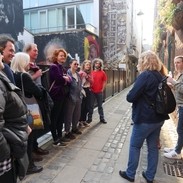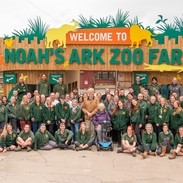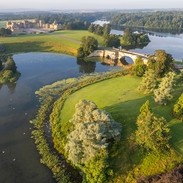Better Business case study: The Wellbeing Farm
Photo by: VisitBritain/Diensen Pamben

Better Business case study: The Wellbeing Farm
Sometimes sustainability is born out of necessity. When owner Celia Gaze first developed the venue, she couldn’t power the site with mains energy so she had to build a wind turbine.
However, from those early beginnings, The Wellbeing Farm in Lancashire has placed sustainability at the heart of its development and today is a multi award winning business and the first independent events company in the UK to become B-Corp certified.
Celia has gradually built sustainability into all areas of operation, from water collection tanks and a treatment plant to EV charging and a cardboard baler. 500 trees have been planted, ‘no mow’ areas allow wildlife to flourish, food waste is turned into fertiliser and even the wool from the farm’s famous bow tie-wearing llamas is used to make bird nest feeders.
This has attracted bookings from far and wide as well as appealing to a younger generation of staff keen to work for a business with a strong sense of purpose.
“Everything we do here is looked at through the lens of sustainability and for us that’s meant an increase in bookings, it’s helped us grow our reputation, which has all led to business growth”.
Celia Gaze, owner
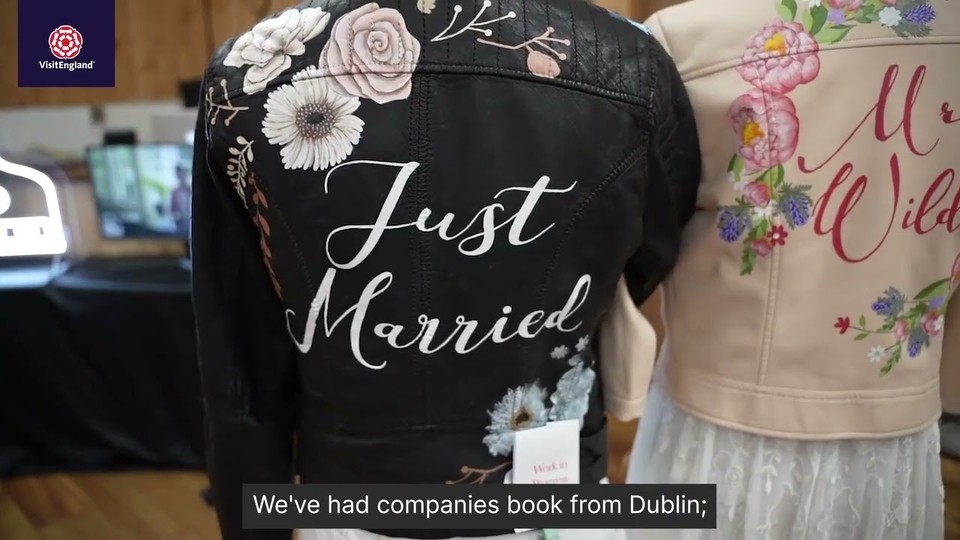
You must accept "Targeting" cookies from in order to watch this video, as YouTube automatically sets cookies of this type.
Business benefit: Sustainability supports business growth
This commitment to sustainability extends to the customer offer, and has proven to be a powerful marketing tool, with guests booking because of the farm’s sustainability credentials. Upcycling and reusing are all part of The Wellbeing Farm’s eclectic charm.
In the wedding barn, the ceiling is made of former army silk parachutes; tables and chairs are all second-hand and old wardrobes have been turned into gin bars. Celia offers a discount if customers work with her to implement a green wedding or party package, for example encouraging them to book coach transport for guests rather than multiple cars, or use charitable scratch cards as wedding favours instead of more wasteful alternatives.
There’s also a prop shed, with fun, reusable wedding items that couples can use as decorations. This is popular as it saves guests extra time and money on shopping for these themselves.
“In business, it’s so important to stand out from your competitors. And we do this through a mixture of sustainability, wellbeing and fun”.
Celia Gaze, owner
Photo by: VisitBritain/Diensen Pamben
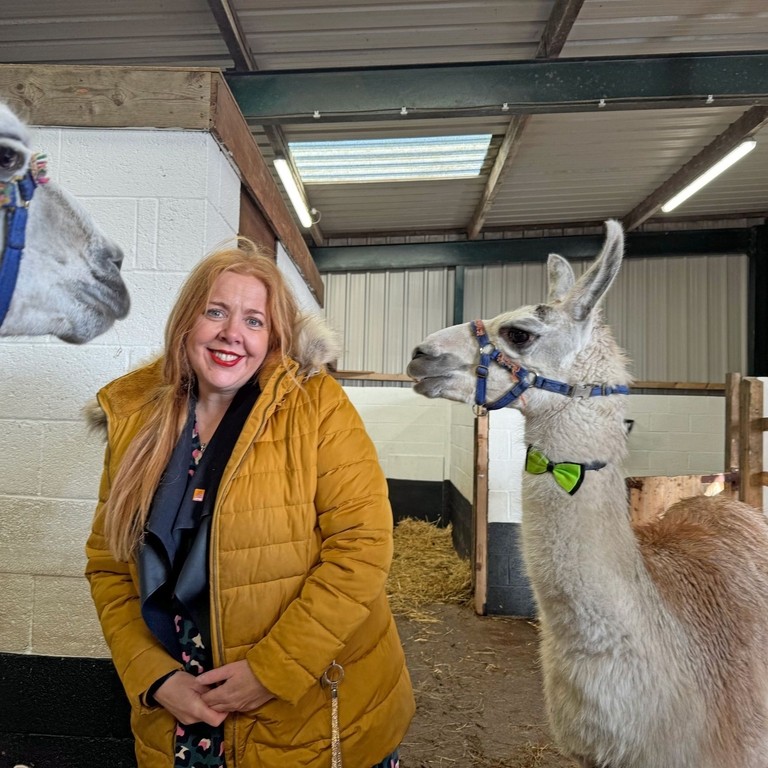
Business benefit: Staff love sustainability too
Sustainability is also a key factor in recruitment, with younger staff in particular looking for a workplace with a responsible ethos. The team participates in community events and volunteering, fostering a sense of purpose. They use a monthly scorecard to monitor energy, water, and waste and identify actions to make savings.
Simple steps like using clear bags to collect rubbish, help team members identify items that could be switched or avoided, reducing waste to landfill and the costs of disposal. Staff suggestions are welcomed and proactive changes encouraged; for example, the chef has independently initiated a plastic-free kitchen programme which cuts costs and enhances the business’ reputation.
Find out more on The Wellbeing Farm.
Taking the next steps: how to create a sustainable offer
Presenting appealing, sustainable products and services can help differentiate your business from your competitors. While visitors may not expressly ‘ask’ for sustainability, they’ll be keen to discover quirky, unique experiences, get out and about in nature, sample local food and drink, buy local crafts, support nature conservation, immerse themselves in local culture, embrace slow travel and low impact activities such as walking, cycling and kayaking.
Here are some tips for building sustainable behaviour into what you offer your guests, while keeping it fun and appealing:
Make sustainability part of the design: You’ll be surprised by how often clients are relieved when they don’t have to make another choice, especially when it’s something basic like staying hydrated or how to get to the next attraction on an itinerary. For example, giving guest a reusable water bottle for their stay makes a plastics-free stay part of the design of your visitor offer.
Make sustainability exciting: Guests are motivated by the desire to have a good time and enjoy their leisure experience. So a powerful way to encourage them to go for a low-footprint experience, opt for a local seasonal meal or choose to walk rather than take a taxi is to present that option as extra exciting. For example, you can encourage guests to opt for a local and seasonal meal by highlighting that they can have this only during the six weeks that the ingredients are in season.
Reward sustainability: There’s nothing better than a freebie! For example, you could encourage your clients to walk during their stay (rather than take a vehicle) by rewarding them with a free drink if they show you that they’ve walked more than 15,000 steps during the day.
Inspired by what you’ve seen? Check out the Regenerative Tourism Guide to learn more ways to stand out from the crowd, inspire staff, enhance visitor loyalty and make your business a force for good.
Previous case study
Next case study

